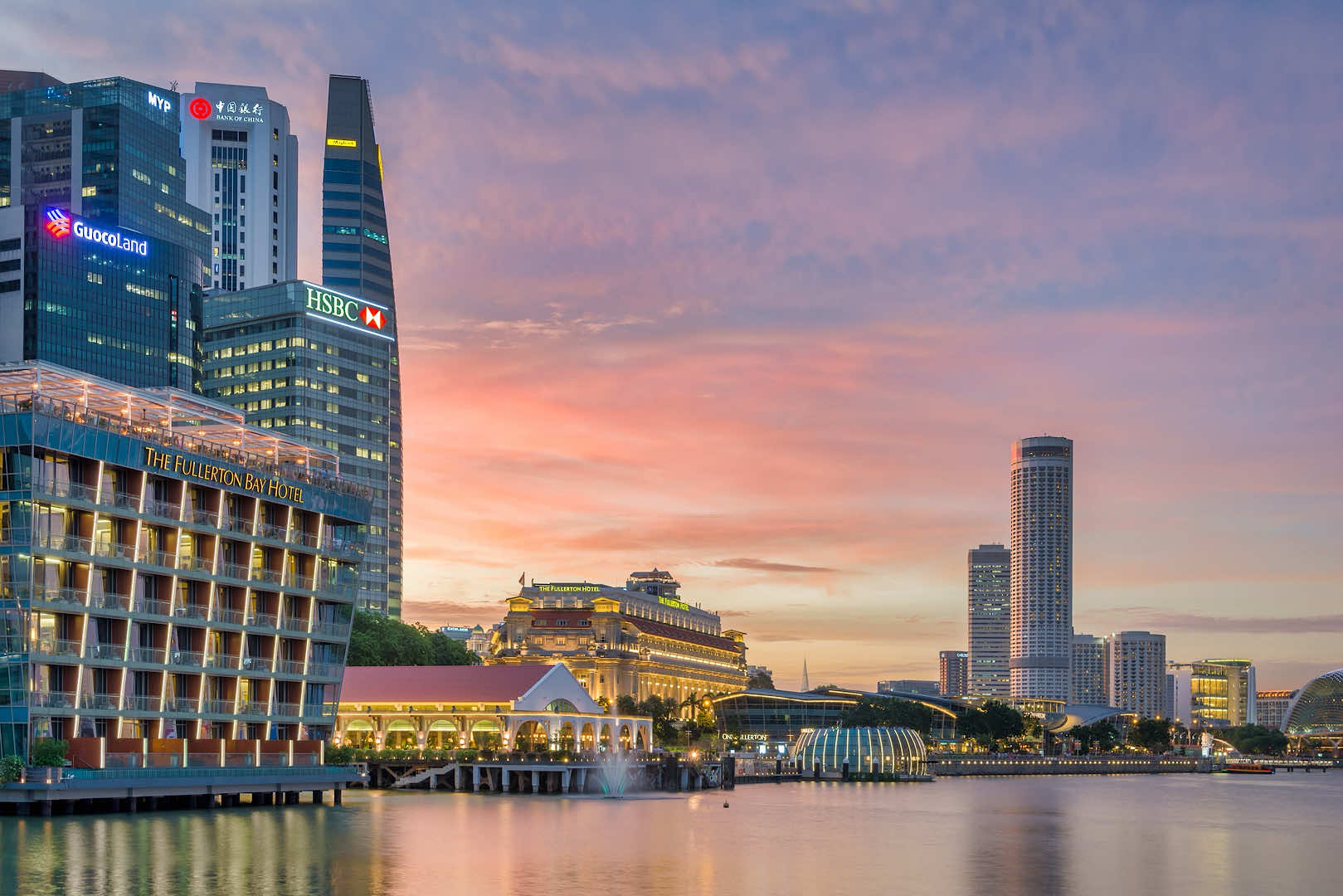Residential property sales in Singapore, also known as one of the highest property sales rates in the world, with close to three new units per day.
The number of residential properties sold in singapore is higher than most countries around the world as Singapore has one of the highest property sales rates in the world. There is a high demand for condo units in singapore because it is difficult to find land that can be developed as new condos due to its small size.
1. What is the difference between a condo and a condo unit?
The difference between a condo and condo unit is that a condo unit is the property of one or more people who live in the property. Whereas, condos are properties consisting of multiple units with shared amenities such as parking or park space.
[reblex id=’19250′]
2. What are the differences of buying property in Singapore as an individual or as a company?
Individuals can buy property singapore as an individual or as a company.
As an individual, one can purchase property singapore. There are no restrictions or land tenure laws for individuals to the government of Singapore. As a corporate entity, one must adhere to land tenure laws and policies of Singapore in order to lease or own property in the country.
3. What are the different types of properties in Singapore?
Singapore has a wide variety to choose from when purchasing property, an option which is common for many countries around the world. There are single residential homes and condominium units which vary by size as well as multiple family holding companies with similar ownership terms and conditions such as no-right-of-way, land use fee payable every three months etc..
4. How easy is it to purchase property in Singapore?
The process of purchasing real estate in Singapore can be tedious depending on what type of entity
is purchasing the property. The personal and company has to submit different documents for their consideration to purchase real estate in Singapore. The Government of Singapore also heavily regulates investments that can be made by non-residents or corporations while they have some caps on staying foreign ownership levels at 30%.
5. What percentage of residential properties are occupied in Singapore?
The average percentage of residential units being occupied is around 78% per square meter
6. How can one buy property in Singapore?
The first step to buying property in Singapore is to visit the Landed Property website, at www.lpsg.gov.sg to find out where property can be bought in Singapore and how much it costs. After selecting a location, one can select the type of property they want or can afford to buy and then check out the price range of that property as well as a number of other things like amenities or distance from amenities or schools or transportation or waterfront access (this will depend on what types of properties one is interested in).
7. What are the costs of buying property in Singapore?
The cost of buying property in singapore can vary depending on the type of property you are looking to buy and its location. For new properties, expect to pay at least one-third of the total value as a deposit and one-third of the remaining balance at or before completion. The purchase price is usually inclusive of stamp duty, which can be as high as 10% of the purchase price for new builds.
The cost can also depend on whether or not you or your employer contribute to a housing and building fund (HBF). If you or your employer contributes, some government charges are deferred and the sooner you or your employer sell, the more money is saved.
8. How can one sell property in Singapore?
An individual can sell property in singapore by first obtaining a land lease or ownership certificate. If the property is not sold, one can then rent it out to others or simply live on the land for as long as possible.
9. Is it possible to lease or rent out property in Singapore?

Yes, to lease or rent out property in singapore one must be at least 21 years old and have permission from the Commissioner of Residential Land.
It is possible to lease or rent out property in singapore if one has permission.
10. How does one qualify for a land lease in Singapore?
To be able to lease or rent out property in singapore, an individual must be at least 18 years of age and have permission from the Commissioner of Residential Land. In order not to compete with Singaporeans who share their homes on short-term rentals like airbnb, hotels are ineligible for leasing licenses while hotel rooms located in resale shops are also restricted as they cannot host more than five people at any time. Additionally, if unmarried couples wish to occupy a unit together they can only hold two units instead of one, as there is a separate permit to allow for multiple households in the same building.
Find out latest Private Residential Property Transactions


![Average Condo Price in Singapore [Updated in Sep 2024] 5 average condo price singapore](https://eth62pbbc4t.exactdn.com/wp-content/uploads/2023/03/paul-szewczyk-nI4aC1kaTRc-unsplash-min-592x444.jpg?lossy=1&quality=92&ssl=1)

